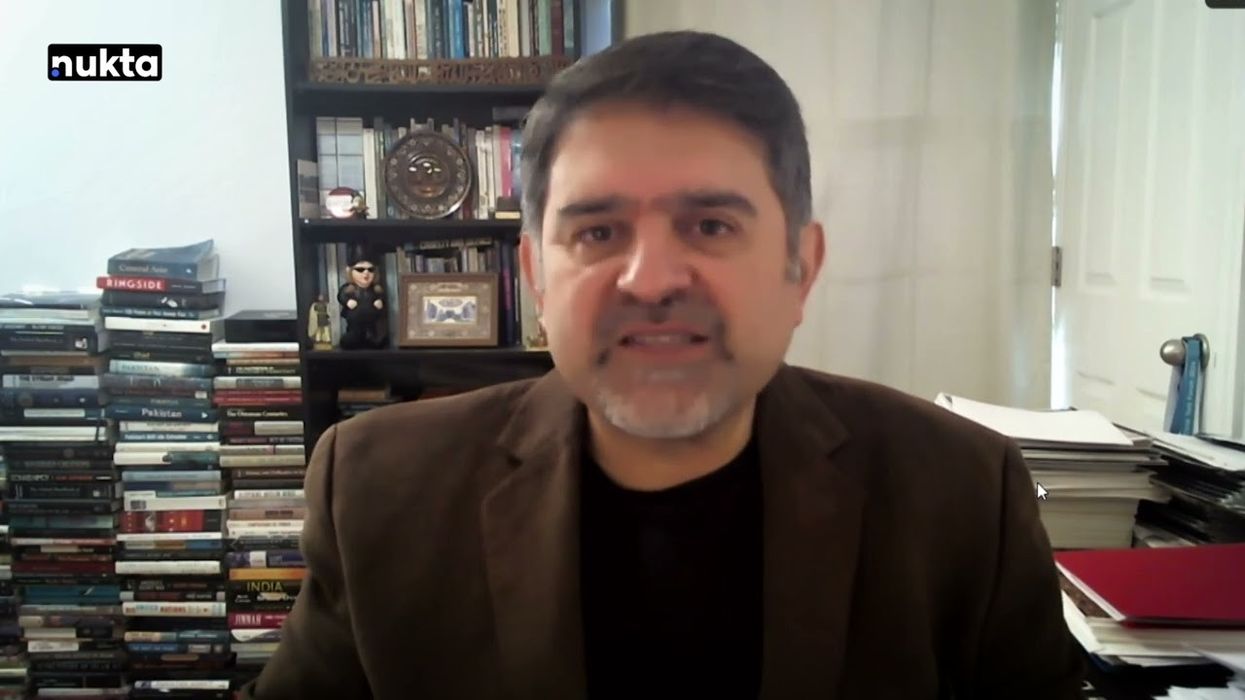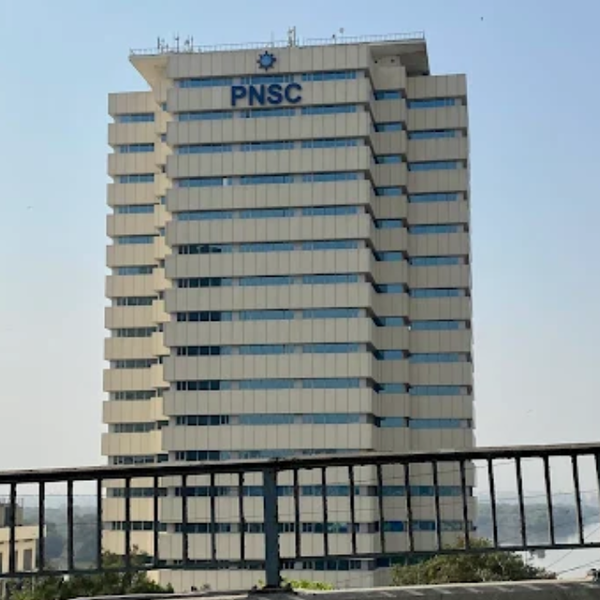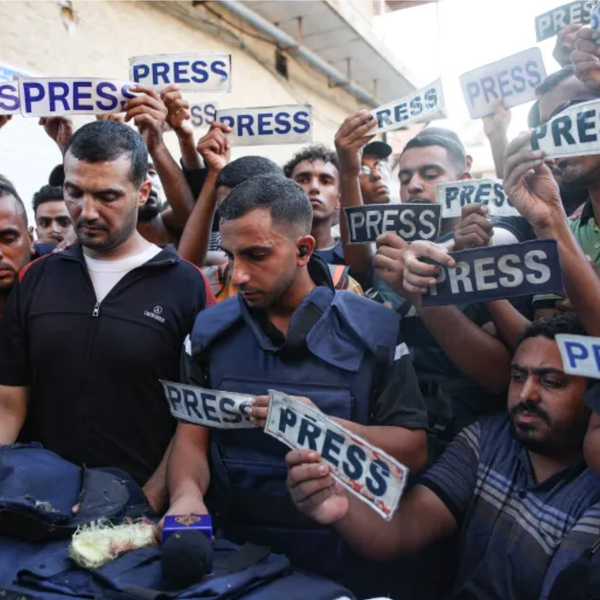Trump's shadow looms over Middle East peace push, but analyst sees complex road ahead
Dr Kamran Bokhari points to Trump envoy's role in Israel-Hamas ceasefire as clear evidence of shift
News Desk
The News Desk provides timely and factual coverage of national and international events, with an emphasis on accuracy and clarity.
Any immediate Gaza ceasefire likely temporary without broader political settlement
China and Russia will be higher priorities than Middle East issues under Trump
Iran faces multiple weaknesses including economic troubles and setbacks in Syria
Geopolitical analyst and academic Dr. Kamran Bokhari believes Donald Trump's upcoming presidency is already reshaping Middle East dynamics, even before his inauguration.
Speaking to Nukta in an exclusive interview, the senior director at New Lines Institute and former U.S. State Department course coordinator sees evidence of Trump's influence in recent diplomatic breakthroughs, but warns of significant challenges ahead in achieving lasting peace.
"We're already seeing changes since December, right after the election victory," said Bokhari, noting that shifts in regional dynamics became apparent even in late November. He points to the ceasefire between Hezbollah and Israel in Lebanon as the clearest example of this influence, adding that Trump's Middle East envoy Steve Witkoff is already deeply involved in Gaza ceasefire negotiations alongside the outgoing administration.
However, Bokhari emphasized that the incoming administration's focus will likely be elsewhere. "These aren't America's major issues from his perspective. For America, their biggest issue is China followed by Russia," he explained. This prioritization, paradoxically, may be driving the push for quick resolutions to regional conflicts.
The current Gaza ceasefire negotiations illustrate the complexity of achieving lasting peace. "Both sides are in a very difficult situation because their imperatives are colliding, they're clashing," Bokhari observed. "Israel doesn't want - when all is said and done - to allow Hamas to retain governance within Gaza. That's their objective. Hamas's objective is to somehow survive politically, as they've suffered significant military losses."
Public sentiment further complicates the situation. Bokhari notes that Israeli anger toward Netanyahu's government has intensified since October 7, while in Gaza, though public opinion is difficult to gauge, there may be growing questioning of Hamas's strategic choices.
"Many Palestinians aren't saying it, but they're thinking - and while we can't conduct a survey to know their exact opinions - one can say that if Hamas hadn't attacked on October 7, Gaza's innocent population wouldn't have seen this destruction and devastation," he said.
Given these competing pressures, Bokhari remains skeptical about the durability of the ceasefire. "I would be surprised if it becomes permanent - unless there's a political settlement in the works. If that emerges, then we can talk about durability. Otherwise, this is very much a tactical-level solution to the problem."
The Iran question
The Iran question looms large over any regional peace efforts. Bokhari anticipates a return to "maximum pressure" policies under Trump, though internal divisions within Iran may create openings for diplomacy. "Internal dissensions are emerging within Iran, mostly between ideologues and a pragmatic group saying they should resolve matters for now," he noted.
The upcoming Iran-Russia strategic partnership agreement, scheduled for January 17, adds another layer of complexity. However, Bokhari views this more as diplomatic maneuvering than a fundamental shift in regional alignments.
"Russia's strategic agreement with Iran is a bargaining chip for Russia," he explained. "Previously too, Russia made many agreements with Iran, increased give-and-take relationships both militarily and economically. And when it came to negotiations with America, Russia bargained these away."
This analysis aligns with Bokhari's broader view of Iran's current position. "Iran is very weak right now in many respects," he said. "Firstly, they're not as big a power as Russia. Secondly, they've faced a major setback in Syria. Then internally they're in transition and their economy isn't doing well."
Looking ahead, Bokhari sees a complex balancing act for the new administration. "When you look at Yemen, Gaza, Lebanon, and the situation in Iraq where Iran still has significant influence - when you look at all these factors, it's quite complicated," he noted. "Israel has its security concerns. Then there are Arab countries, Saudi Arabia, UAE, so balancing all of these under a balance of power strategy - it will be difficult work."








Comments
See what people are discussing